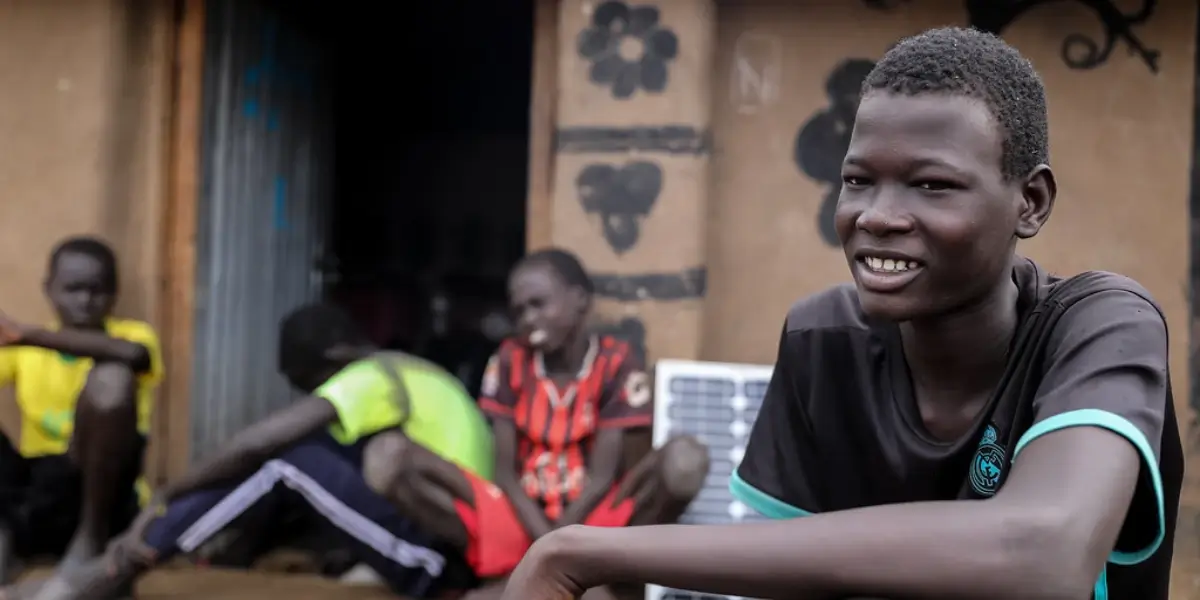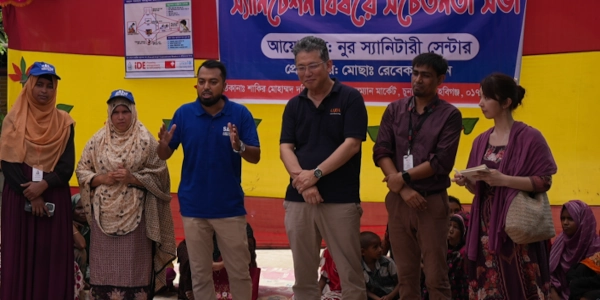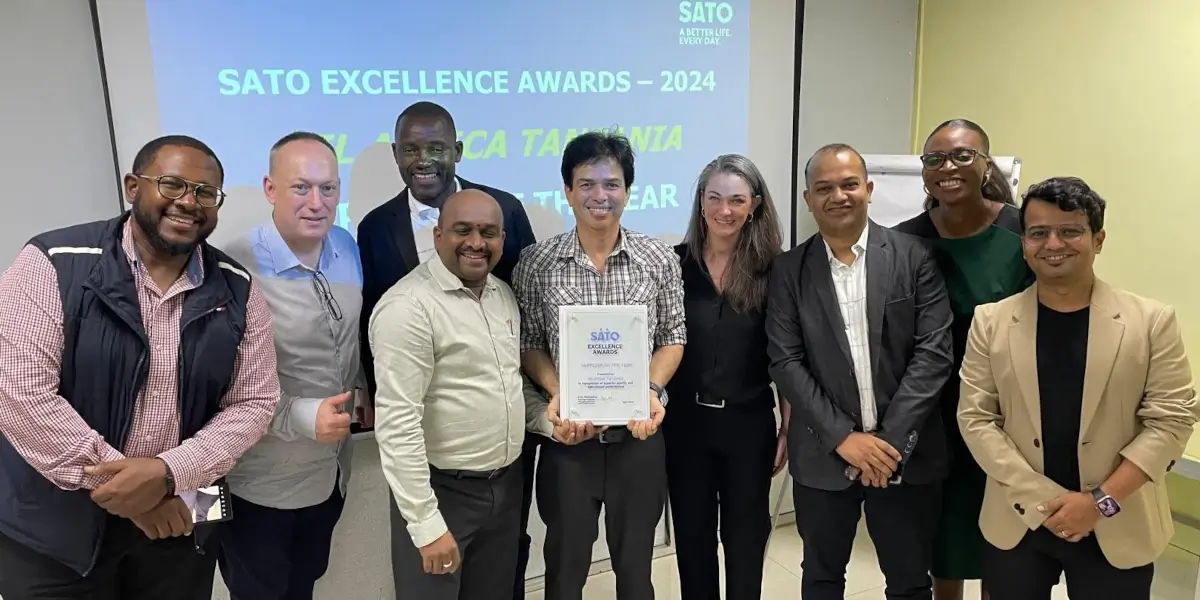
Building a succesful business in Ethiopia
Increasing Ethiopia’s sanitation coverage, one toilet at a time
After working in a rural health centre in Ethiopia’s Oromia region, Hawislet Kassaye saw firsthand the challenges facing her local community. Each day, she would encounter patients, most of whom were suffering from diarrhoea. Hawislet wanted to know why and wanted to look at ways that she could tackle the cause of the problem, rather than treat the symptoms. So, with her colleagues, she started to look into the problem and discovered that the cause of her neighbour’s diarrhoea was the contamination of food due to unsafe and unhygienic toilets.
That’s when Hawislet’s entrepreneurial spirit kicked in. Armed with Hawislet’s research, and a passion for making a difference to her local community, Hawislet teamed up with and Simegn Minilik to look at how to make this into a commercial success. Together the pair drafted a business plan and began planning. They looked at the challenges facing Ethiopians, and soon realised that the market doesn’t effectively serve lower income communities. Instead, they have to put up with poorer sanitation facilities and are disproportionately affected by the negative health implications that this brings.
So, with 100,000 Ethiopian Birr (approximately US$2,000), Hawislet and Simegn set up Hawi Toilets and began producing toilet slabs pre-fitted with SATO’s award-winning line of sanitation solutions, including the SATO Pan, SATO Stool, and SATO Flex. From here, customers can then independently install their new toilet, whether that’s in their homes, work, or local community.
The toilets are odour-free, flies-free, and offer increased privacy for consumers. But, most of all, the toilets offer a cleaner, more hygienic toilet experience which helps minimise contamination. Since launch, Hawislet and Simegn have had great success. They now employ a local team, including masons and builders, and have great ambitions to increase sanitation coverage across Ethiopia.
WANT TO STAY UP TO DATE?
Subscribe to our newsletter to stay on top of the latest news, views, and stories from on the ground.
The easiest way to do this is to sign-up for our LinkedIn newsletter here. We'll then send you a bi-monthly letter from our Leader, Erin McCusker.

Similar articles
While global in scope our stories are local at heart.



 Copyright © LIXIL 2025
Copyright © LIXIL 2025